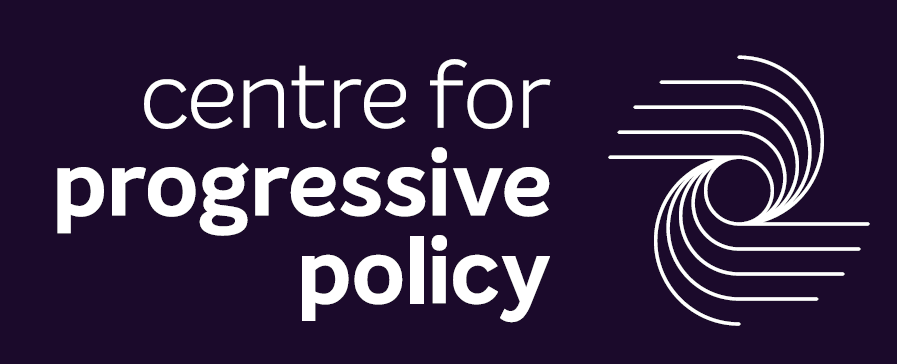
Next year’s election will be fought on who can tame the cost-of-living crisis. Whether or not the Prime Minister achieves his pledge to halve inflation this year, high prices will continue to hammer household budgets. UK annual average wages remained at a record high between May and July 2023, but are still stagnating if not falling for many, in real terms. High and still-rising interest rates mean there’s little escape from the pain across the income scale. If benefits fail to keep pace with inflation, then living standards for those on the lowest incomes, already bitterly diminished, will be eroded further.
Meanwhile, the public realm continues to crumble, literally and metaphorically. Look at any public service and you will find acute needs that only more money will address. What is Labour’s offer in response to this grim outlook? So far, matching the Tories’ fiscal discipline seems to be the party’s overriding election strategy. Both parties continue to insist that taxes will not go up, despite both endorsing the eye-wateringly expensive NHS workforce plan, and pleas for a more honest pre-election debate from the likes of the Institute for Fiscal Studies and my own organisation, the Centre for Progressive Policy (CPP).
Keir Starmer has made his choice to back the two-child limit on benefits a totemic issue, signalling an ability and willingness to make tough decisions on spending. Labour has ruled out income and wealth taxes, securing its front page of the Telegraph, and it is clear the party thinks it needs to continue this strategy.
It is true that Labour faces closer media scrutiny than any of its rivals in the pre-election tax-and-spend media circus. But there is a fine line to tread here. Draw the fiscal parameters too tightly, and governments set themselves up for failure. But go too far the other way, and you will be punished. As the economist Stephanie Flanders said at CPP’s conference in 2022, if you don’t have fiscal rules, the markets will impose them on you. Liz Truss learned that lesson pretty quickly last autumn.
But by boxing itself in so tightly, Labour is ignoring two clear factors. First, it has largely won over voters in its bid to be seen as economically competent. Voters prefer Rachel Reeves to Jeremy Hunt for chancellor, and they have more confidence in Labour than the Conservatives to run the economy. Second, voters are desperate for tangible improvements to their living standards. To think that they prize adherence to reductive fiscal rules above this is wrong. Similarly, the markets won’t be fooled by mere posturing on fiscal discipline; they are hungry for some substance on how to drive productivity
in the UK economy.
Both parties are positioning growth as the only way out of this mess. Indeed, we are in the perverse situation where Starmer made the same joke as Truss once did: that the answer is “growth, growth, growth”. A common charge against Labour from focus groups and the commentariat is that the party hasn’t sufficiently distinguished itself from the government. Ask Rachel Reeves or Jeremy Hunt almost any question, and their answer will be that we must grow the economy. As the CEO of a think tank dedicated to fair growth, I don’t disagree with this analysis. But we cannot assume the proceeds of growth will simply trickle down: growth must improve the living standards of all. Labour must seize the opportunity to create a dividing line on the quality and impact of growth that it can generate.
But this will not simply happen: we need a strategy to get there. The party has shored up its reputation for economic competence, now it must use it to set out a plan to transform the economy in a way that speaks to voter concerns and Labour values.
Where the Tories’ levelling-up agenda sought to redistribute the gains of our most productive regions to those areas that are lagging behind, Labour’s fair growth must be different. It must rewire the economy so that more people and places are equipped to contribute to, and benefit from, productivity growth.
And it must start with voters’ most tangible concerns. A plan for action on the high costs of childcare, transport, energy and housing would signal Labour’s ability to get a grip on the cost-of-living crisis. Targeted improvements in these areas would be effective and popular and coalesce around a narrative on growth. Labour can build on this to pave the way for a programme for government that is geared towards fair, green growth across the UK.
This need not mean abandoning fiscal discipline. The constraints will undoubtedly be tight. Existing spending commitments will need to be reprioritised around a clear framework for growth. In a recent report, CPP set out how the greatest return on investment for productivity growth can be achieved through a focus on health, adult skills, education and childcare.
Positioning public services as productivity-enhancing investments would enable Labour to demonstrate economic competence alongside a commitment to innovative reform where it is needed. But they are not free, and more public investment will be required.
Planning and devolution are areas Labour has linked to growth, seeing them as free, quick wins. But they will be neither free nor quick. Unless we shore up local government resource and capacity now, the beleaguered sector won’t be anything like the engine of growth the party and the nation so desperately needs. Nor are these the most enticing issues for voters: better to start with policies that relieve household budgets.
Labour should fight the election by meeting the scale and urgency of people’s concerns about living standards. But fair growth should be the guiding principle for its programme of government. Spending money is not the answer to every problem, but the pile-up of public service failures means that any government with ambitions to rekindle the British economy will have no choice but to spend in 2024. Anything less is akin to fiddling while Rome burns.




